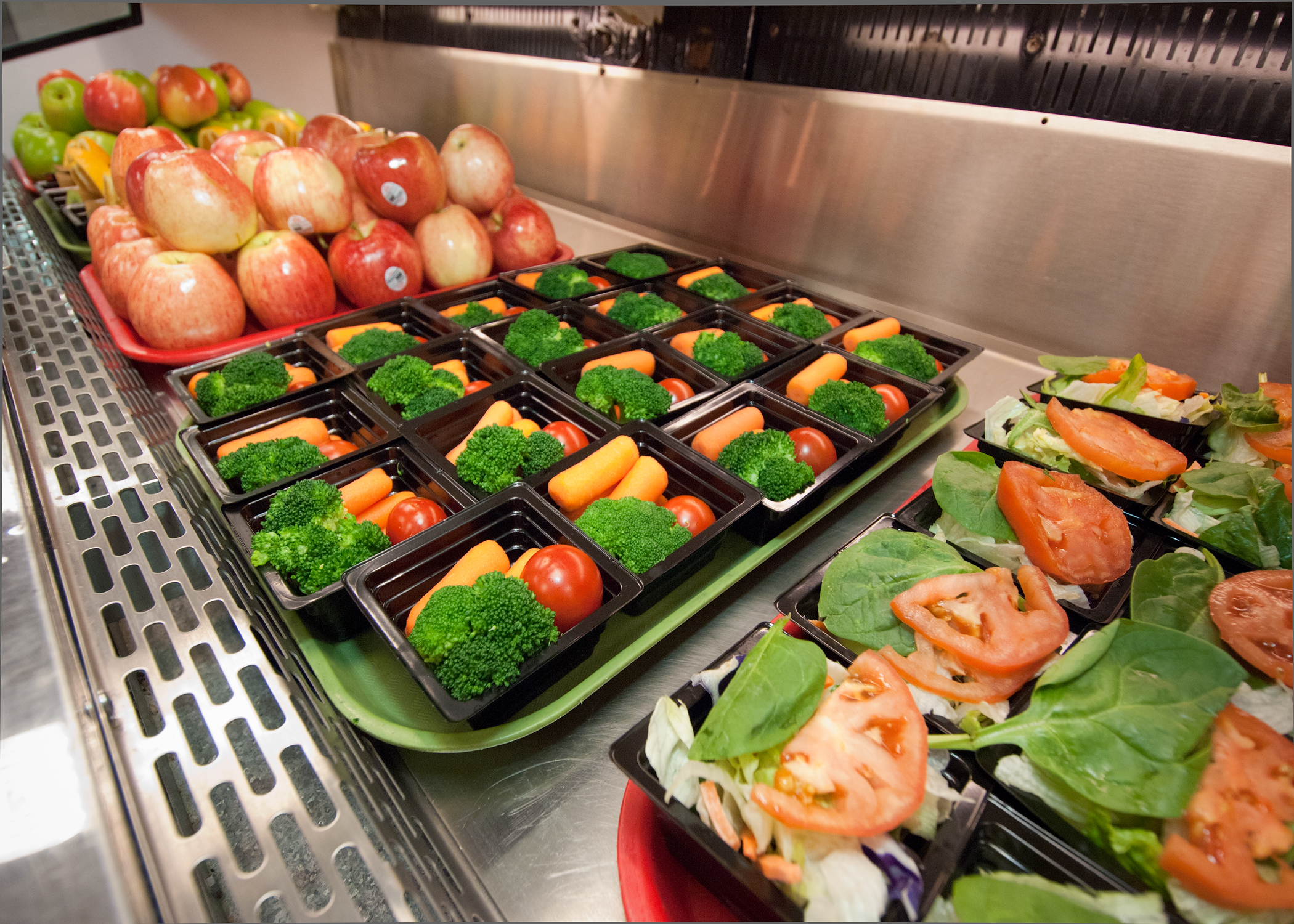
All students at Dillingham City Schools will be provided with free school breakfast and lunch this year. That comes as changes were made to the Community Eligibility Provision, a federal program run through the U.S. Department of Agriculture.
“If you have 40 percent poverty in your district, you now qualify for every child in the school to be able to get free lunch and free breakfast,” says Superintendent Danny Frazier.
That’s down from a prior threshold of 80 percent, which was just above Dillingham’s calculated poverty level.
But the majority of students have been eligible in the past for free lunches through other programs, like the federally-funded Title I-C Migrant Education Program.
“We’ve always been able to offer the free lunch to students that filled out the application with Migrant Ed, and Migrant Ed students automatically qualified also,” said Frazier. “So yes, we’ve had a significant amount of students that did receive free lunch, free breakfast, but now it’s 100 percent.”
High school students are allowed to and often do leave the school grounds and take lunch elsewhere. But the district has been tracking that more students are opting to eat school lunch than in years past.
Frazier credits staff with keeping more students in the cafeteria at lunchtime, where the meals are cheaper and often more nutritious.
The district had a grant last year to buy more Alaska Grown-labeled products, which included produce from local farms. That federal grant ended, but Frazier said he still intends to buy locally as it’s available.
